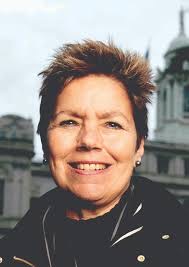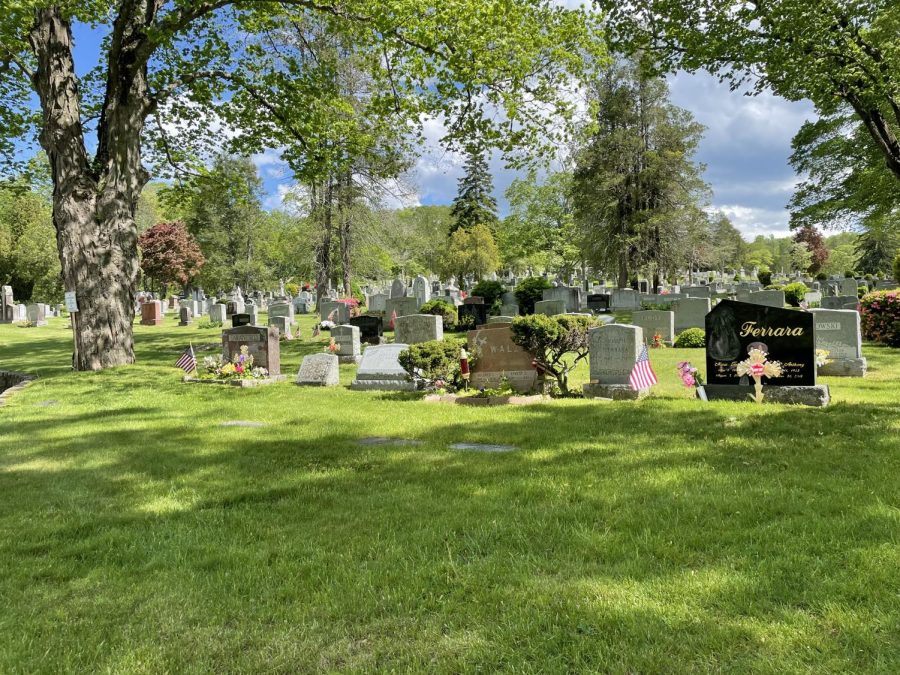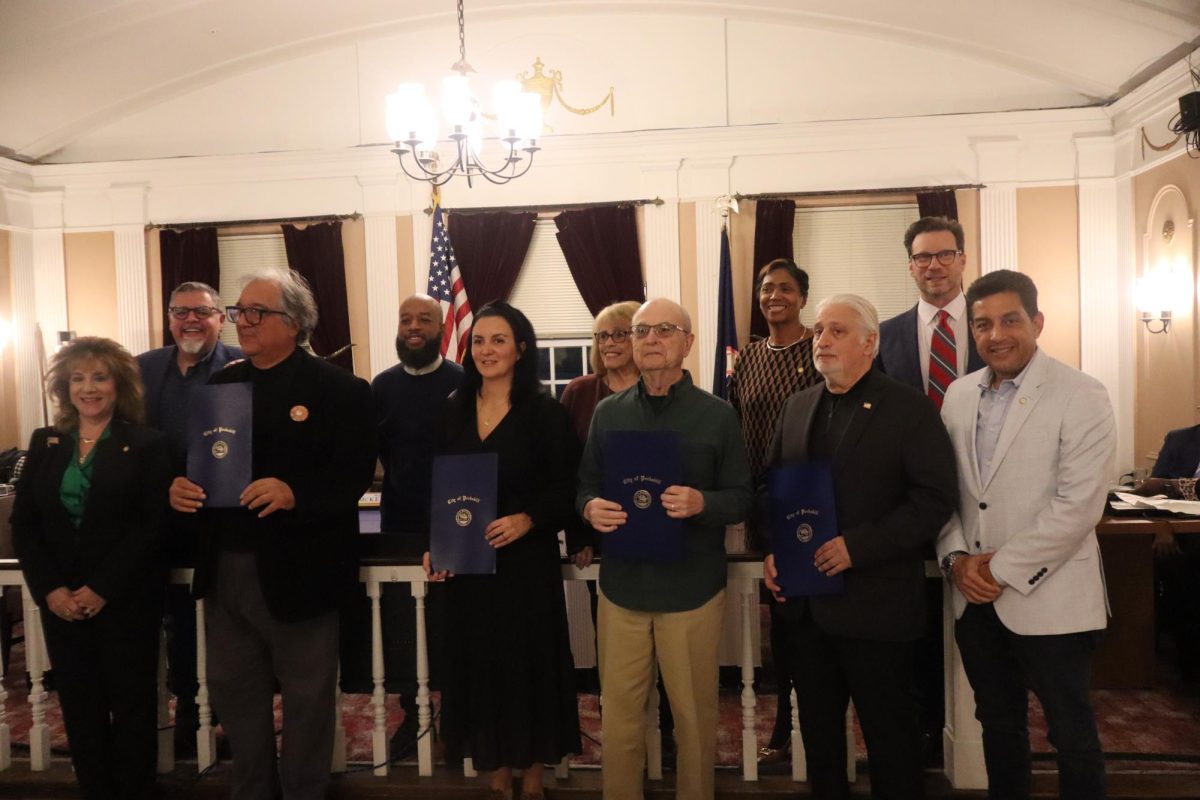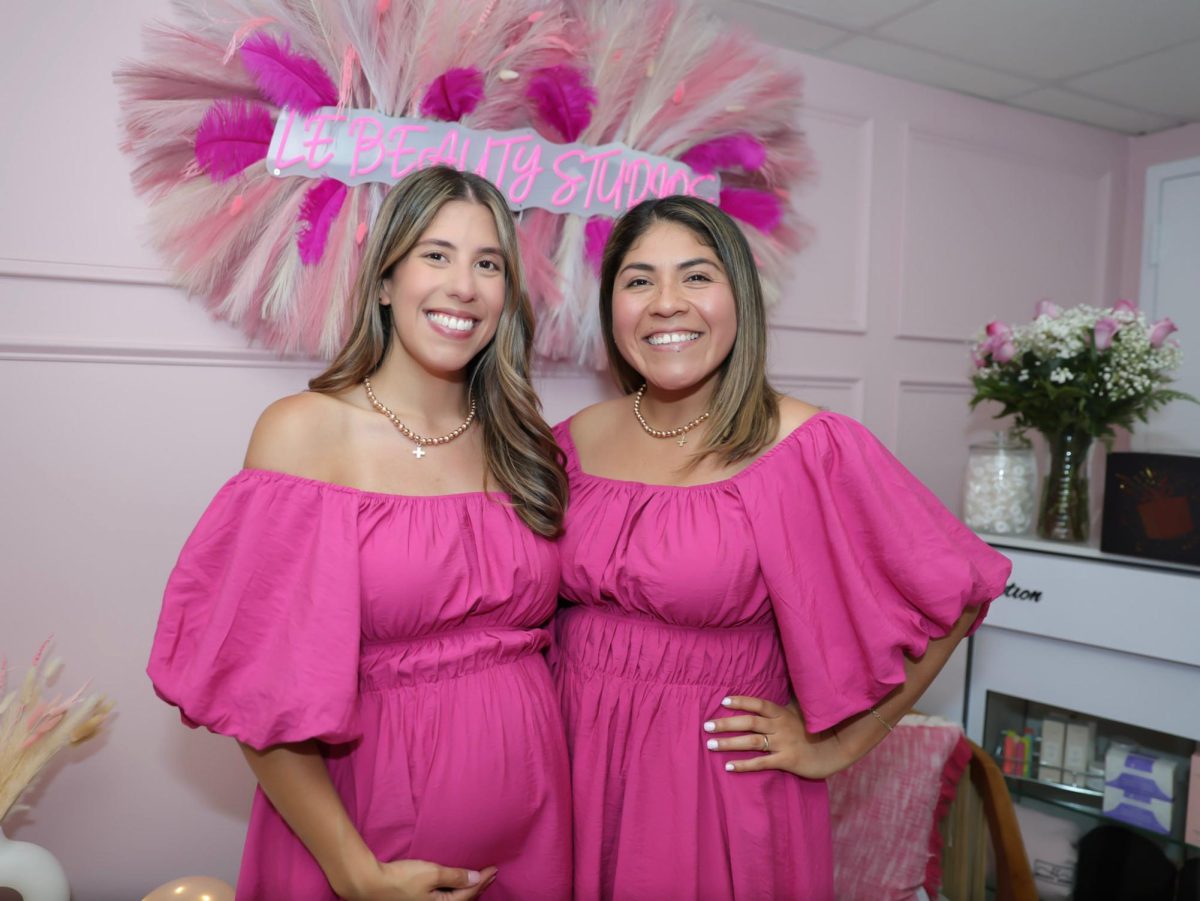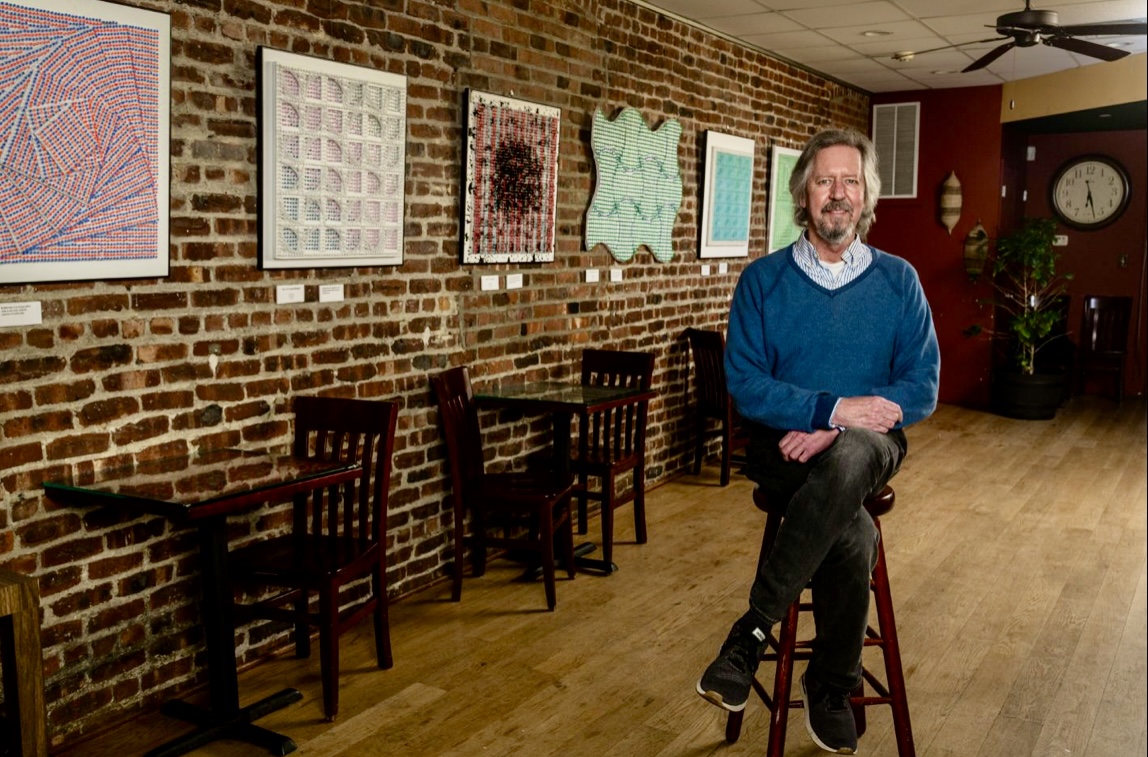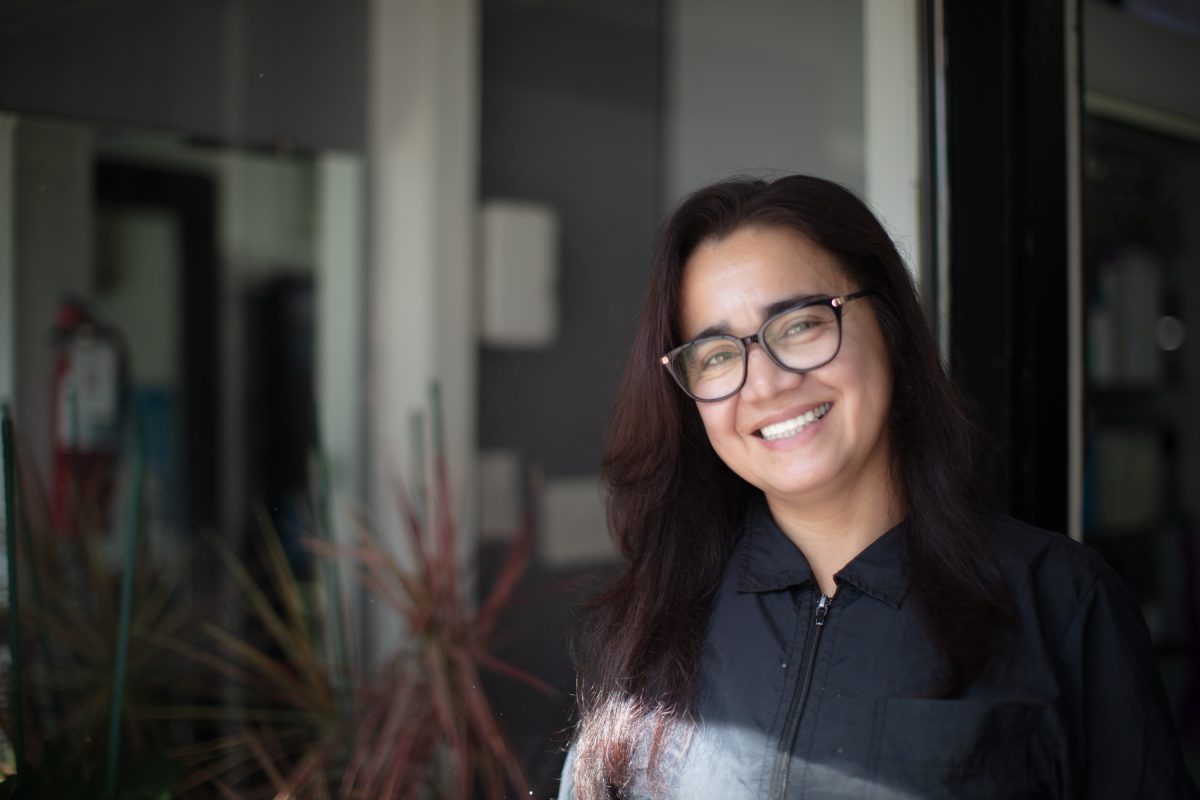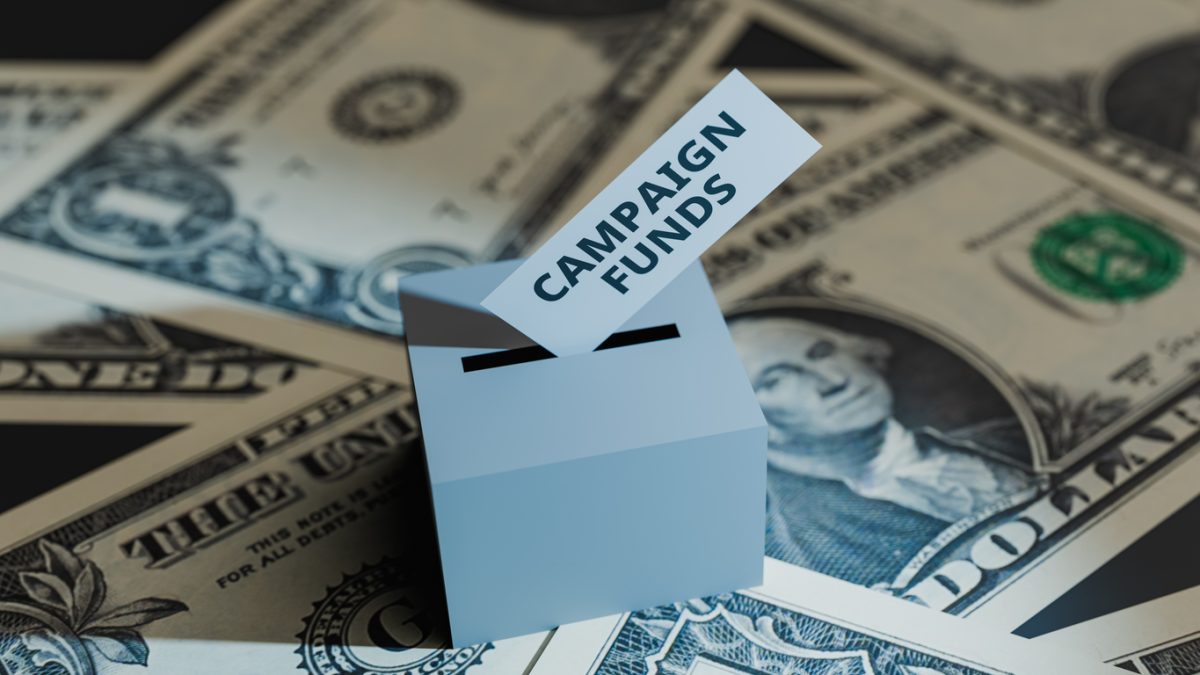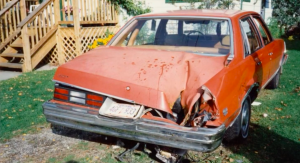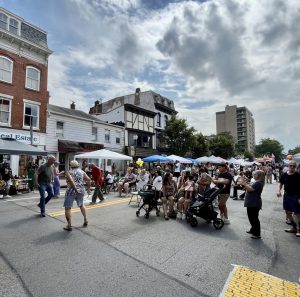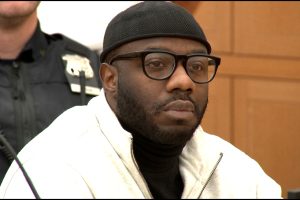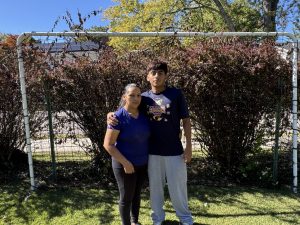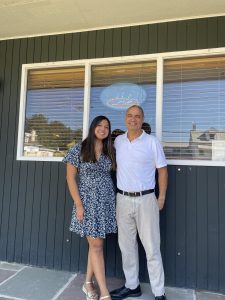A Memorial Day Message to America
May 27, 2022
Watch video of General Sutton reciting her message above.
As Memorial Day draws close this year, our nation and world are in the throes of a trauma tsunami. Traditional messages of remembrance, honor, gratitude and respect are as important as ever, with heartfelt recognition and support for Gold Star families and loved ones left behind to grapple every day with untold grief.
The intrepid women and men who, from ages past to present, donned the uniform of our nation’s military and gave their last full measure of devotion, would once again answer today’s call to protect and defend democracy in this troubling time of death and dissension. Let us forever honor their indomitable example of courageous service and selfless sacrifice.
Our lives are now heralded by headlines detailing daily dispatches of death – over a million American lives lost from the pandemic, disproportionately crushing impoverished communities of color; hundreds of thousands of lives lost around the world due to catastrophic climate disruption; countless numbers of lives lost to deaths of despair – drug overdose, suicide and alcoholic liver failure; thousands of Ukrainian civilian and military lives lost thus far from the Russian assault; and, unspeakably, the relentless mass slaughter of innocent children, elderly and everyday people gunned down in grocery stores, houses of worship, neighborhood schools, subways, movie theaters, parks, playgrounds and streets.
In the face of this devastation, it is altogether fitting to draw from the perspective of a military veteran whose hard-won wisdom was forged from facing the heat of battle as well as subsequently leading public institutions charged with inculcating engaged citizenship and exercising the tools of dogged diplomacy.
One such military veteran is Archibald MacLeish, who served honorably in World War I as an ambulance driver and artillery officer. As a decorated combat veteran following the war, he became a Pulitzer prize-winning writer and poet. Summoned by FDR to serve as the Librarian of Congress (1939-44), he also served as the 1st Assistant Secretary of State for Public Affairs (1944-45).
In response to a funeral MacLeish witnessed at Arlington National Cemetery in 1941, he penned a poem titled “The Young Dead Soldiers Do Not Speak”, a poignant piece whose haunting words remain relevant today. I trust he would grant poetic license to adapt his original poem as a message for America now – a clarion call to duty, service and action – amidst our gathering storm of peril.
The Young Dead Children Do Not Speak
The young dead children do not speak.
Nevertheless, they are heard in the still classrooms:
who has not heard them?
They have a silence that speaks for them at night
and when the clock counts.
They say: We were young. We have died.
Remember us.
They say: We could do nothing to save our lives
but until it is finished it is not done.
They say: We have lost our lives but until it is finished
no one can know what our lives meant.
They say: Our deaths are not ours: they are yours,
they will mean what you make them.
They say: Whether our lives and our deaths were for
an awakening and a new hope or for nothing we cannot say,
it is you who must say this.
They say: We leave you our deaths; give them their meaning; give them an end to the carnage and a true commitment to keep all communities safe: give them peace that ends rancor and racism and unites our nation afterwards: give them their meaning.
We were young, they say.
We have died.
Remember us.
